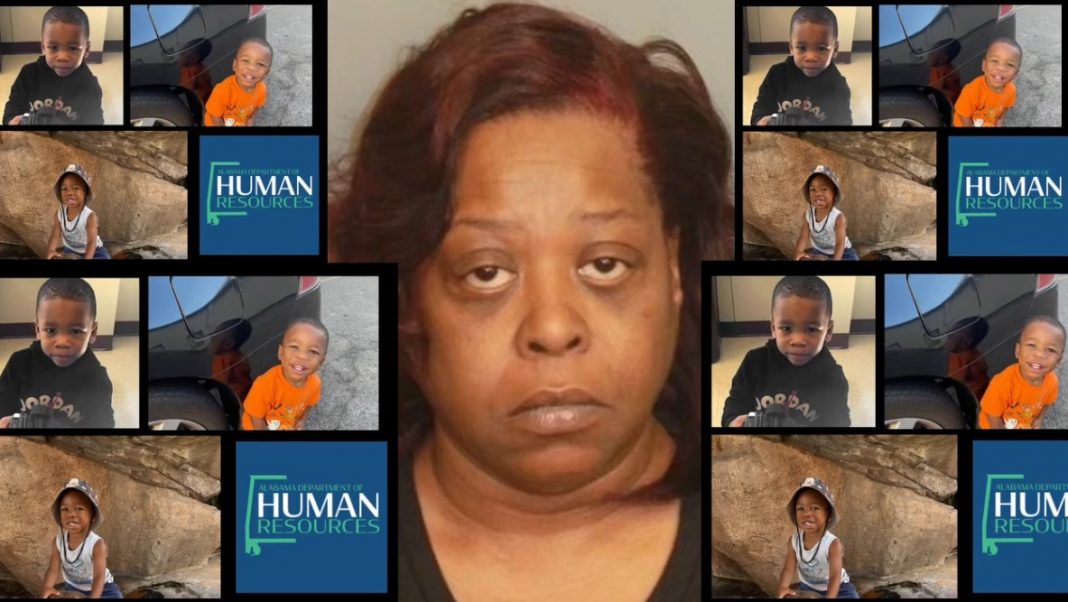The family of 3-year-old Ke’Torrius “KJ” Starkes has filed a wrongful death lawsuit against the Alabama Department of Human Resources (DHR), Covenant Services, and transport worker Kela Stanford. What is being revealed now is even more devastating and even harder to accept.
For weeks, the public believed that KJ died in the back of a transport van. But according to the lawsuit, the child was left in the back of a 2020 Nissan Maxima SV, a vehicle equipped with back seat detection technology that alerts drivers if a passenger is left behind. In other words, this tragedy was not inevitable. It was preventable.
On July 22, 2025, temperatures in Birmingham soared past 95 degrees, with a heat index reaching as high as 109. The temperature inside Stanford’s illegally tinted vehicle likely rose to 140 degrees. For more than five hours, KJ sat locked in his car seat as Stanford ran errands, stopping to deliver food, shop at a tobacco store, and return home, never once checking on the child.
All it would have taken was for her to do her only duty, transport KJ safely and return him. Unbelievably, even that was too much. In an audio recording, a family member could be heard telling Kela she was always rushing the visits between KJ and his father. That culture is toxic. It runs deep throughout this system and seeps into the very contractors they hire, turning negligence into routine.
Stanford has since been arrested and charged in connection with KJ’s death. Yet when she missed her very first court appearance, she was not rearrested. Parents across Alabama know that if it were them, the system would have issued a warrant immediately. The double standard is undeniable.
The only explanation for Stanford’s actions is chilling. Either she intended to harm the child or she was impaired, under the influence of drugs or alcohol, while on duty. This was not an accident hidden by circumstance.
But the blame does not stop with Stanford. KJ was in DHR custody at the time of his death. That means multiple layers of the system had a duty to protect him, to monitor his safety, and to ensure his well-being. Instead, he was treated like a piece of property, shuffled from daycare to visit to car seat, until his life was cut short.
This tragedy exposes a deeper culture within Alabama’s child welfare system. A culture where children are moved like merchandise, where contracts are handed to third parties without accountability, and where oversight is nothing more than paperwork until it is too late.
KJ’s family is demanding accountability. Their lawsuit names nine defendants, including Stanford, Covenant Services, and seven DHR employees. They are seeking punitive damages and demand a jury trial.
French says the entire system failed KJ.
“Every person who was responsible for that baby’s safety, his welfare, his well-being, we want to make sure they are included as well,” French said. “None of the people who are involved in this lawsuit ever inquired where KJ was? Was he OK? They had no idea.”
The family has yet to receive a single in-person explanation from DHR about how this could happen under state supervision. Instead, their first notification came in the form of a phone call.
This is not just about one worker’s negligence. It is about an entire system that fails to value the lives of children in its custody.
French is also calling for more oversight from DHR when it comes to taking care of the thousands of children in their custody.
KJ’s life mattered. His death cannot be ignored. Unless this culture is dismantled, KJ will not be the last.
